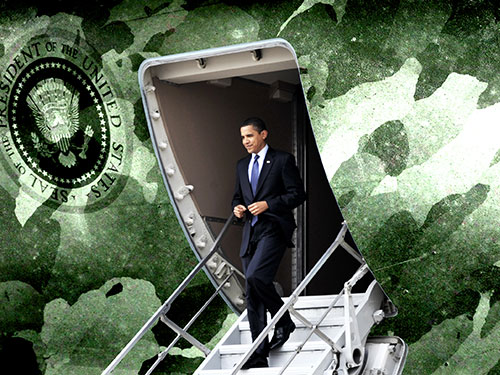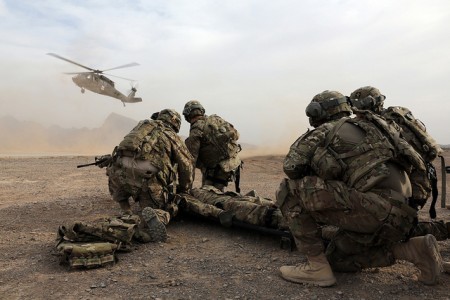
This article was originally published by War on the Rocks on 30 October, 2015.
The Obama administration has received much attention for its policy of rebalancing to the Asia-Pacific region. The rebalance has been described as President Obama’s signature foreign policy initiative. Launched in 2009, it has received much attention from academics, practitioners, think tanks, and the media. In reality, the rebalance to the Asia-Pacific has been more evolutionary than revolutionary; a U.S. shift in focus and grand strategy began well before President Obama’s inauguration in January 2009.
If the Obama presidency in fact initiated a revolutionary rebalancing, it was his effort to rebalance American foreign policy generally from over-reliance on the military and toward greater reliance on diplomacy and development. Despite a concerted effort, when viewed through several lenses it seems clear that demilitarization has failed and U.S. foreign policy remains very, perhaps overly, militarized. As a result, the Pentagon can expect to be handed messy military operations short of inter-state war that it may not be prepared, equipped, or organized to handle efficiently or effectively.

